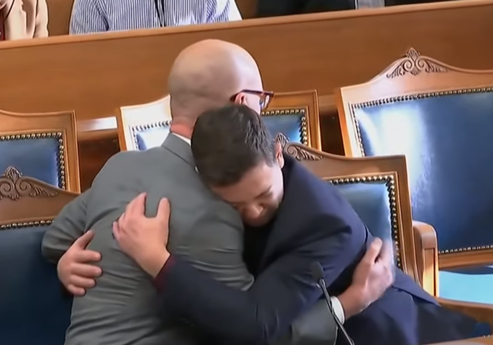Fixing the Problems Associated with Self Defense

Now that the trial of Kyle Rittenhouse has been completed, it’s time for the critique process to try and come up with a method of preventing this kind of travesty from reoccurring. Those of us who have been practitioners in what we call the "criminal justice system" are keenly aware of those within the system, some prosecutors in particular, who operate, not with justice as their goal, but with a political agenda as their goal—that they fictitiously refer to as “justice." Names like Mike Nifong, Michael Lessler, and Angela Corey come to mind, and now we have Thomas Binger.
A logical assumption would be that an elected prosecutor (District Attorney) would actually know the law, so what is going on when the facts surrounding the case at hand, as usually verified by police investigation, are completely disregarded, and outlandish "probable cause" affidavit's, such as the “affidavit" used in the trial of George Zimmerman, are pushed forward to the trial phase. Several potential reasons exist, but no matter the reason, the "defendant" is on the hook and facing financial catastrophe, not to mention loss of freedom, as he struggles to fight his way through the mess.
The Remedy?
One potential remedy is to handle malicious prosecution cases in the same manner as those that deal with state preemption violations. Placing the financial burden and penalty on those isolated individual’s who personally practice malice. (Why do I keep thinking about Cutting Horses?)
A proposal for remedy is presented by attorney Andrew Branca:
An uphill battle for sure; lace up the hiking boots.
/fl
